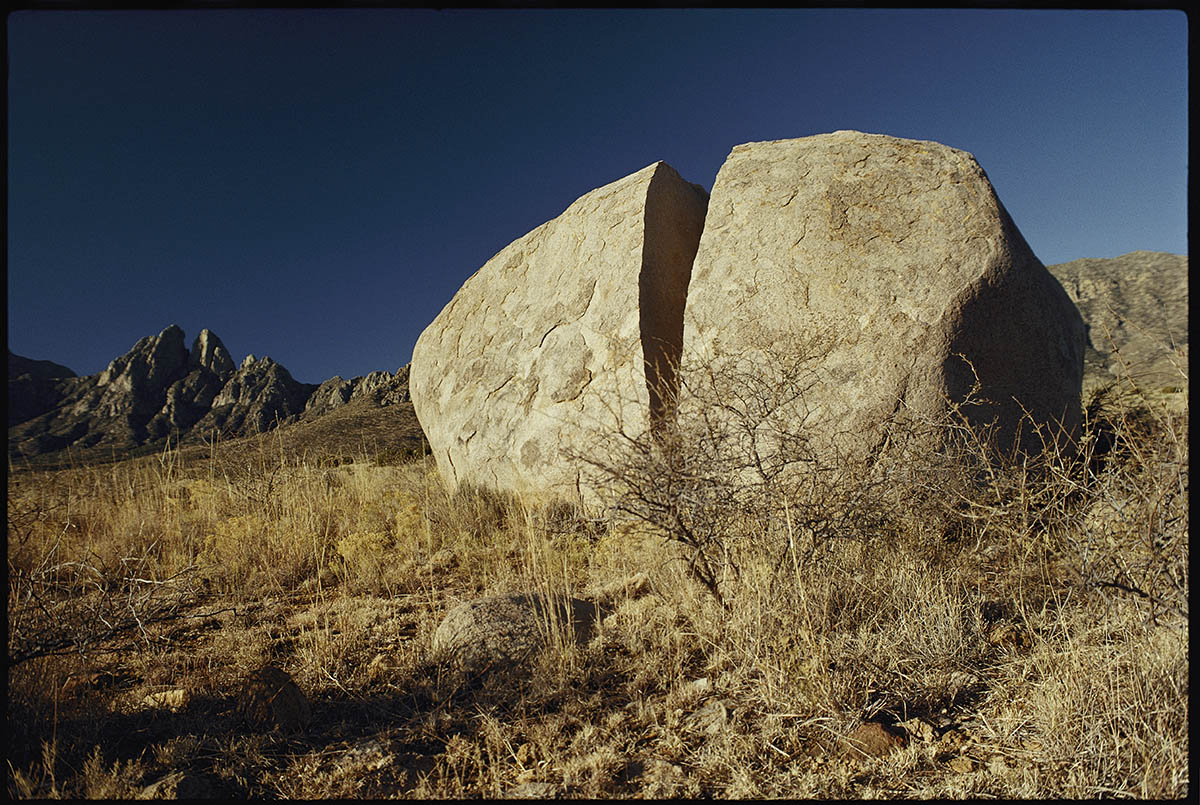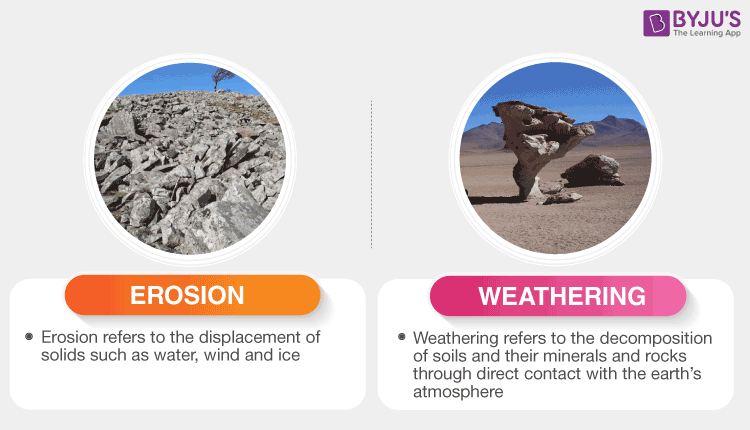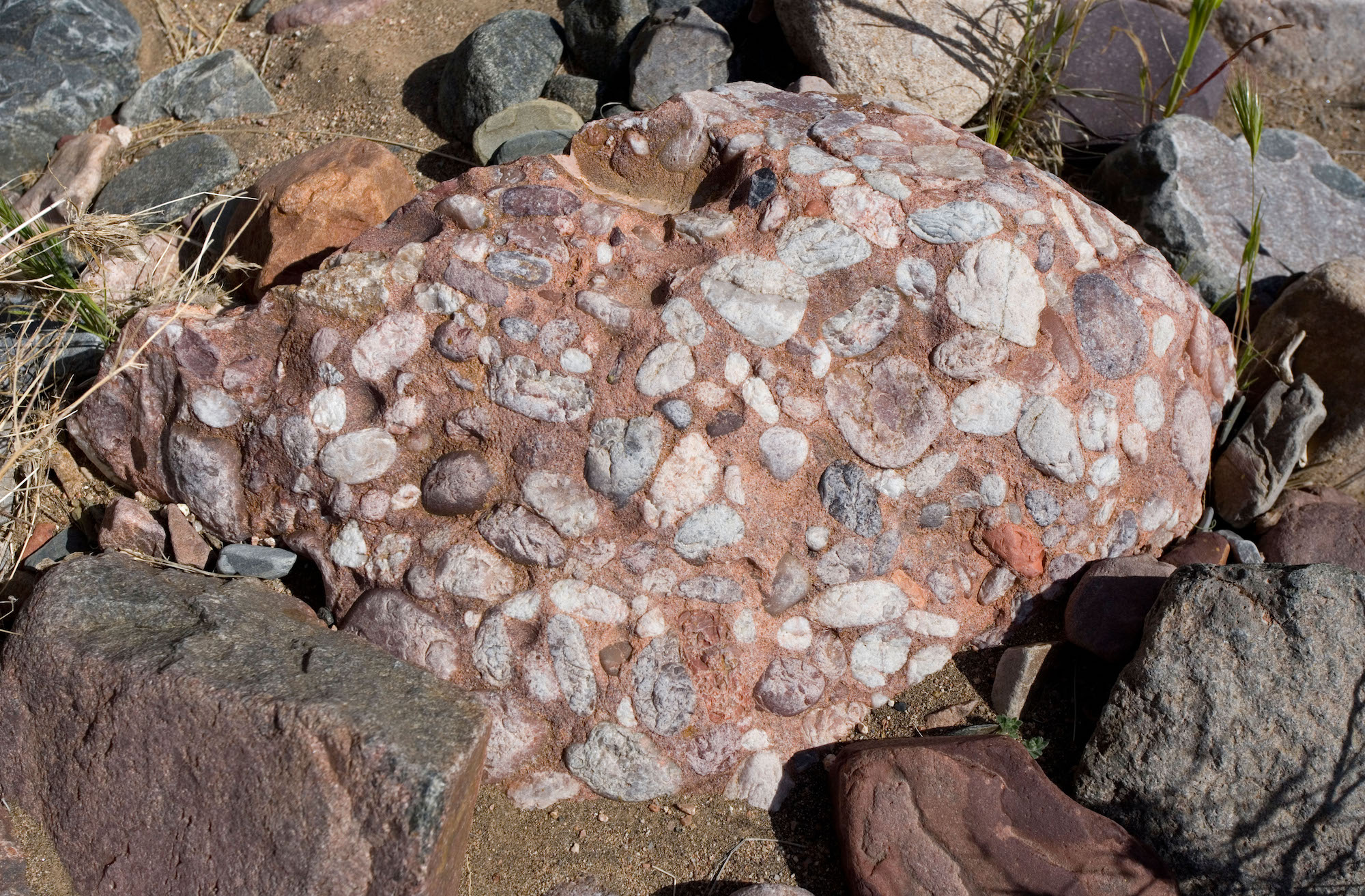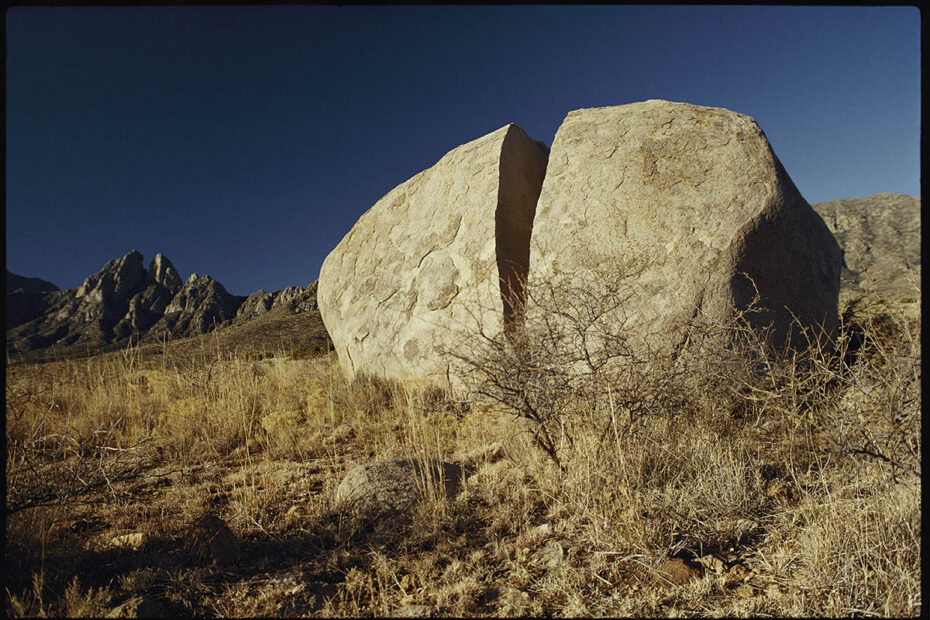Why Is Water The Ultimate Weathering Force?
What Is Weathering?
Keywords searched by users: Why is water considered the most important cause of weathering how does water cause weathering and erosion, what is an example of weathering in everyday life?, how does temperature cause weathering, how is erosion different from weathering, why does weathering take so much time?, when rocks are exposed during the winter season, what will happen to the rocks?, how are erosion and deposition related, how does water mechanically weather rocks?
What Is The Most Important Cause Of Weathering?
“What is the primary driver of weathering? Weathering, the process of breaking down and loosening surface minerals in rocks for eventual removal by erosion agents like water, wind, and ice, is primarily instigated by three major factors: plant and animal life, atmospheric conditions, and water. These elements collectively contribute to the continuous transformation of Earth’s geological features, emphasizing the intricate interplay between the natural environment and geological processes. As we explore the significance of each factor, we gain a better understanding of the overarching role they play in shaping our planet’s surface.”
Is Water Important For Weathering?
Water, whether in its liquid or solid form, plays a vital role in the process of mechanical weathering. This natural phenomenon involves the breakdown of rocks and minerals into smaller particles over time. Liquid water, for instance, can infiltrate the tiny cracks and fissures within rocks. However, it’s when temperatures plummet low enough that the true significance of water becomes apparent. In these freezing conditions, liquid water transforms into ice, expanding in the process and exerting tremendous pressure on the surrounding rock. This expansion and contraction cycle, driven by freeze-thaw cycles, gradually weakens the rock structure, ultimately contributing to its fragmentation and erosion. In summary, the presence of water, specifically its ability to freeze and expand, is a critical factor in the mechanical weathering of rocks, shaping the landscape we observe today.
Collect 40 Why is water considered the most important cause of weathering







Categories: Update 20 Why Is Water Considered The Most Important Cause Of Weathering
See more here: tfvp.org

Water is the “most important” cause of weathering because, in addition to abrasion and ice wedging, water is necessary for all types of chemical weathering. What causes acid rain? Acid rain is caused by sulfur and other chemicals that pollute the air when coal, oil, and gas are burned in power plants and cars.Plant and animal life, atmosphere and water are the major causes of weathering. Weathering breaks down and loosens the surface minerals of rock so they can be transported away by agents of erosion such as water, wind and ice.Water, in either liquid or solid form, is often a key agent of mechanical weathering. For instance, liquid water can seep into cracks and crevices in rock. If temperatures drop low enough, the water will freeze.
Learn more about the topic Why is water considered the most important cause of weathering.
- Weathering- Questions Flashcards – Quizlet
- What is Weathering? – the Digital Atlas of Idaho
- Weathering – National Geographic Society
- Weathering and Erosion | Science Lesson For Kids | Grades 3-5
- Agents of Weathering and Erosion – Unacademy
- Reading: Chemical Weathering | Geology – Lumen Learning
See more: blog https://tfvp.org/category/science
